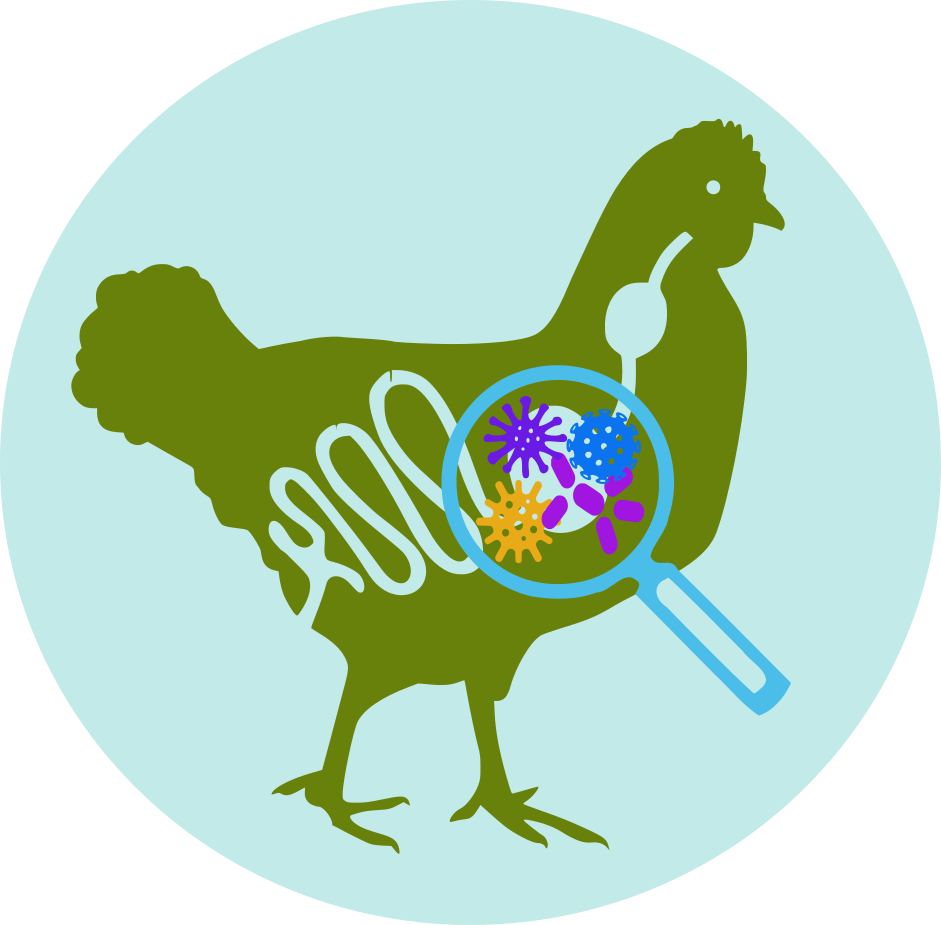| Name | Amprolium |
| Classes |
Antiinfective Agent Anticoccidial Agent Antiprotozoal / Amebicide |
| Diseases |
Dehydration Diarrhea Droopiness Inappetite Infectious Disease Mucous Feces Pale Comb Restlessness Unthrifty Feather |
Amprolium
Amprolium is an antiprotozoal agent that belongs to the class of thiamine analogues. It works by inhibiting the thiamine uptake in protozoa, which leads to the disruption of their metabolism and eventual death.
Amprolium is indicated for the prevention and treatment of coccidiosis in poultry and other farm animals caused by Eimeria species.
The dosage of amprolium for poultry and other farm animals depends on the species, age, and weight of the animal. It is usually given in the drinking water or feed, as follows:
- For broilers: 0.0125% (125 ppm) in drinking water for 5 to 7 days.
- For replacement chickens: 0.025% (250 ppm) in drinking water for 5 to 7 days.
- For turkeys: 0.0125% (125 ppm) in drinking water for 5 to 7 days.
- For calves: 10 to 25 mg/kg body weight in the feed for 21 days.
The use of amprolium may cause some adverse reactions in animals, including:
- Decreased feed intake
- Diarrhea
- Dehydration
- Polyuria
- Kidney damage
- Thiamine deficiency
Before using amprolium, it is important to consider the following warnings and precautions:
- Do not use in animals with thiamine deficiency.
- Do not use in conjunction with sulfonamides or sulfa drugs, as they may antagonize the effects of amprolium.
- Use cautiously in animals with renal dysfunction or dehydration, as amprolium may worsen their condition.
- Do not use in animals intended for human consumption within 24 hours of slaughter.
- Keep out of reach of children.
Contraindication
Amprolium is contraindicated in animals with a known hypersensitivity to the drug or to thiamine analogues.
None known.
None known.
 Bangla
Bangla English
English